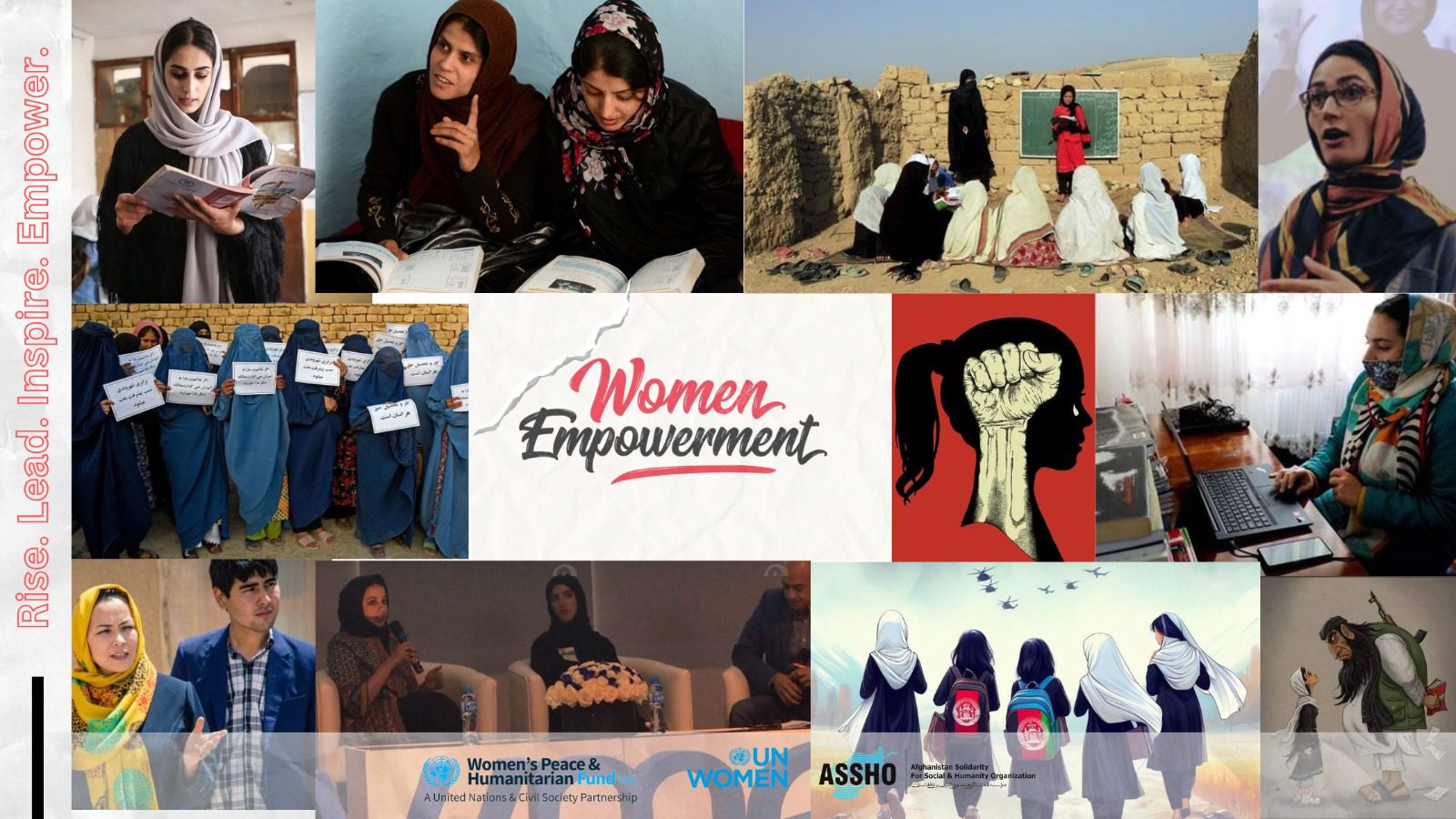Afghanistan has one of the lowest female literacy rates in the world, with only 29% of Afghan women able to read and write. Nearly 2.5 million girls are currently out of school due to educational restrictions. Women’s workforce participation remains below 20%, and maternal mortality rates are among the highest globally. These figures highlight the urgent need for change.
Empowering Afghan women requires a holistic approach that addresses education, economic independence, legal rights, healthcare, digital access, and cultural transformation. While challenges persist, opportunities for positive change exist through strategic interventions and dedicated efforts.
The Challenges Afghan Women Face
Afghan women have long struggled against significant barriers that hinder their personal and professional growth. The political instability, cultural norms, and economic hardships have made it difficult for women to access education, employment, and basic human rights. The situation has further deteriorated in recent years, leaving many women with little to no opportunities for self-improvement.
- Education & Literacy 📚 : Education remains a distant dream for many Afghan girls. Restrictions on female education have left millions without access to basic literacy, limiting their ability to participate in economic and social progress. Without education, women remain dependent and vulnerable to exploitation.
- Economic Empowerment 💼 : The economic restrictions on women make it nearly impossible for them to achieve financial independence. Limited job opportunities and gender-based discrimination prevent women from contributing to their households and communities. Entrepreneurship and vocational training programs are rare, leaving women with few avenues to gain financial stability.
- Legal Rights & Advocacy ⚖️ : Afghan women continue to face legal inequalities that strip them of their fundamental rights. Inheritance laws, property rights, and legal representation remain biased, making it difficult for women to seek justice. Advocacy for policy reforms is essential to ensuring women receive the rights they deserve.
- Healthcare & Well-being 🏥: Access to healthcare remains a critical issue for Afghan women. Cultural restrictions, lack of female healthcare professionals, and inadequate medical facilities put their well-being at risk. Maternal health, mental health, and access to necessary medical care must be prioritized.
- Digital & Technological Access 💻 : In a rapidly evolving digital world, Afghan women are left behind due to restricted internet access and lack of technological education. Bridging this gap can provide them with remote work opportunities, online learning, and global networking.
- Community & Cultural Change 🌍: Shifting societal mindsets is crucial for women’s empowerment. Encouraging men to support women’s rights and fostering a community that values equality can create a sustainable change in Afghan society.
How ASSHO plays a part in Empowering Afghan Women
ASSHO is committed to raising awareness of women’s empowerment in every aspect of life. Through strategic initiatives, we address Gender-Based Violence (GBV), advocate for women’s rights, and provide the necessary tools for Afghan women to reclaim their futures.
✅Education & Skill Development: We conduct training programs that equip women with leadership, digital literacy, and vocational skills.
✅Advocacy & Legal Support: We work with policymakers and legal experts to promote policies that safeguard women’s rights and provide legal assistance to those in need.
✅Community Awareness & Cultural Shifts: Through leadership programs and advocacy campaigns, we strive to create an environment where women can thrive with dignity and respect.
✅Technology Inclusion: We aim to bridge the digital divide by offering training in digital literacy, coding, and remote work opportunities.
The Road Ahead
Women’s empowerment in Afghanistan is a long-term commitment that requires global support, policy reforms, and grassroots initiatives. By investing in Afghan women, we are not just helping individuals—we are strengthening families, communities, and the entire nation. Together, we can break barriers and build a future where Afghan women can lead, innovate, and inspire.

